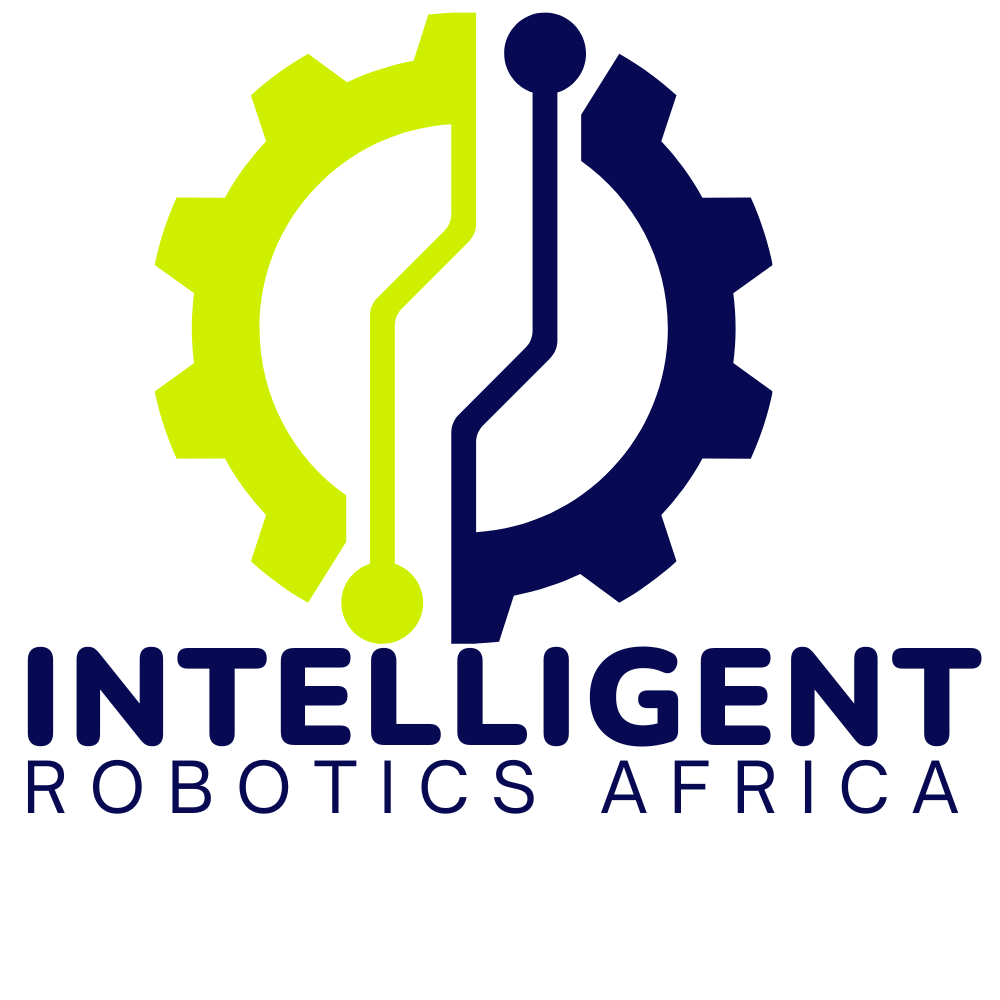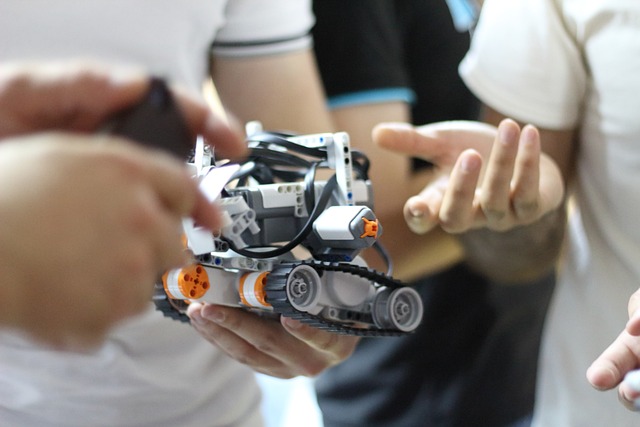Hello world!
Written By
We’re diving deep into the fascinating world of AI Factories. Whether you’re a tech enthusiast, business owner, or someone curious about the future of work, this topic is for you. We’ll cover:
- What an AI Factory is
- Its key benefits
- Application areas
- Challenges
- The skills you need to thrive in this space
An AI Factory isn’t a physical factory but a systemized way of producing AI solutions. Think of it like a traditional factory assembly line, but instead of manufacturing cars or gadgets, it churns out AI models, insights, and automation solutions. The concept focuses on scaling AI production efficiently by combining tools, data pipelines, and automated processes. AI Factories aren’t just for tech giants or large corporations; small businesses can also leverage this concept to boost efficiency, reduce costs, and gain a competitive edge
Benefits of an AI Factory
AI Factories offer some incredible benefits, such as:
- Speed and Efficiency: Automating AI development reduces the time to build and deploy solutions. Instead of months, companies can develop and implement solutions in weeks or even days.
- Scalability: AI Factories allow businesses to scale their AI efforts without needing huge teams or resources. You can handle larger datasets and more complex problems effortlessly.
- Cost Reduction: Automating repetitive tasks reduces development costs significantly. You get high-quality AI models without burning a hole in your budget.
- Standardization: Standardized pipelines ensure quality control, making AI outputs more reliable.
- Improved Decision-Making: AI Factories provide actionable insights by processing large datasets efficiently.
Challenges in Building an AI Factory
Of course, AI Factories aren’t without challenges. Some of the most significant hurdles include:
- Data Dependency: AI Factories rely on vast amounts of clean, labeled, and unbiased data. Data scarcity or poor quality can cripple the entire pipeline.
- Infrastructure Costs: Setting up pipelines, servers, and storage can be expensive for smaller organizations.
- Integration Issues: Integrating AI Factory outputs into existing systems can be a technical challenge.
- Talent Gap: Skilled professionals are essential to build, maintain, and innovate within AI Factories.
- Ethical Concerns:Privacy issues, bias in algorithms, and unintended consequences require careful monitoring.
Skills Required to Work in an AI Factory
If you’re excited about this field, here are the skills you need to develop:
- Programming and AI/ML Basics: Languages like Python and frameworks like TensorFlow and PyTorch are must-haves.
- Data Engineering Skills: Learn how to collect, clean, and preprocess data. Tools like Apache Spark and Airflow are useful.
- Automation and DevOps: Knowledge of CI/CD pipelines and containerization tools like Docker and Kubernetes is essential.
- Cloud Computing: Familiarity with AWS, Google Cloud, or Azure for scaling AI models.
- Domain Knowledge: Understanding specific industries where AI is applied, like healthcare or finance.
- Ethics and Governance: Learn about AI ethics, responsible AI practices, and legal frameworks.
- Continuous Learning: Stay updated on emerging tools and techniques like AutoML and federated learning.





0 Comments